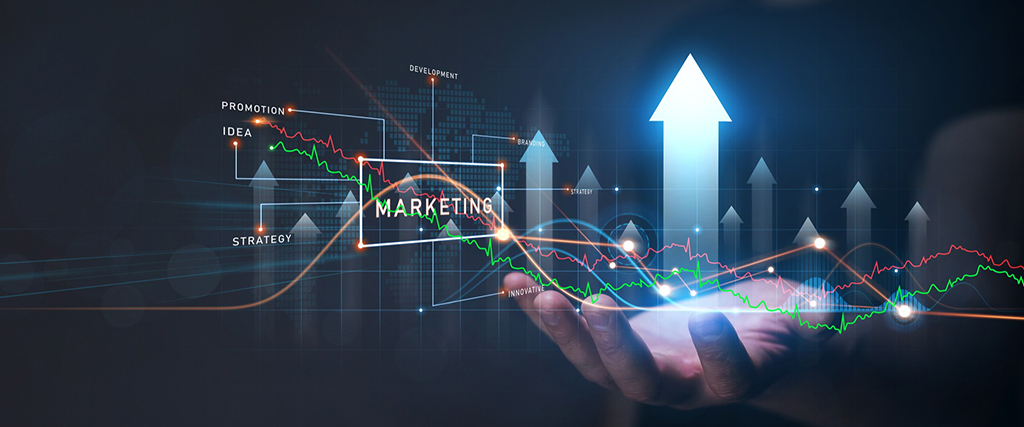What are the benefits of business intelligence in the retail market in 2022?

Benefits of Business Intelligence: Because retail is one of the most data-driven sectors in the world, employing business intelligence tools to understand customer behavior, estimate inventory needs, and generate forecasts is essential.
Retailers may use BI to organize, analyze, and contextualize data from all around the firm.
It also delivers statistics, performance metrics, and corporate trends to assist organizations in making educated decisions today.
With the global market for business intelligence and business analytics software estimated to reach $17.6 billion in 2024, it goes without saying that BI can help the retail industry in particular.
 Retailers can use business intelligence to take advantage of new opportunities to forecast sales, see market potential, and gain a better understanding of their customers.
While you may have a general concept of why BI in retail is important, let us go over the role of BI in the retail industry and its numerous benefits for your company in the following sections.
Retailers can use business intelligence to take advantage of new opportunities to forecast sales, see market potential, and gain a better understanding of their customers.
While you may have a general concept of why BI in retail is important, let us go over the role of BI in the retail industry and its numerous benefits for your company in the following sections.
Benefits of Business Intelligence - In the retail industry, what role does business intelligence play?
There's no such thing as too much information when it comes to staying ahead of the competition in the retail sector, which is more competitive and fast-paced than ever before In the retail industry, business intelligence is used to track how customers interact with eCommerce stores, and this data can be utilized to improve the customers' purchasing experience. A consumer, for example, might get recommendations based on what they've seen before. Retailers may use business intelligence to make smart and efficient decisions based on customer behavior. Data may be analyzed in real-time, allowing businesses to make quick changes to their product offerings or price changes. Brick-and-mortar stores can also benefit from this data. They can use BI to balance inventory between online and in-store items, as well as offer cost-effective delivery choices like picking up in-store or purchasing online. For example, many brick-and-mortar retailers, like Home Depot, Walmart, and others, use BI to provide cost-effective shipping alternatives and successfully manage their inventory. Businesses may also provide a consistent experience across all channels by having more access to vital operational and customer data. Furthermore, BI assists businesses in predicting when stock will run out so that they may order ahead of time and make better-merchandising selections.
Retailers who have successfully implemented BI in the industry
By now, you should have a good idea of how business intelligence helps retailers collect and analyze data from all around the firm so they can make informed decisions. Let's take a look at some real-world business intelligence examples to see how this technology is changing the retail industry.
